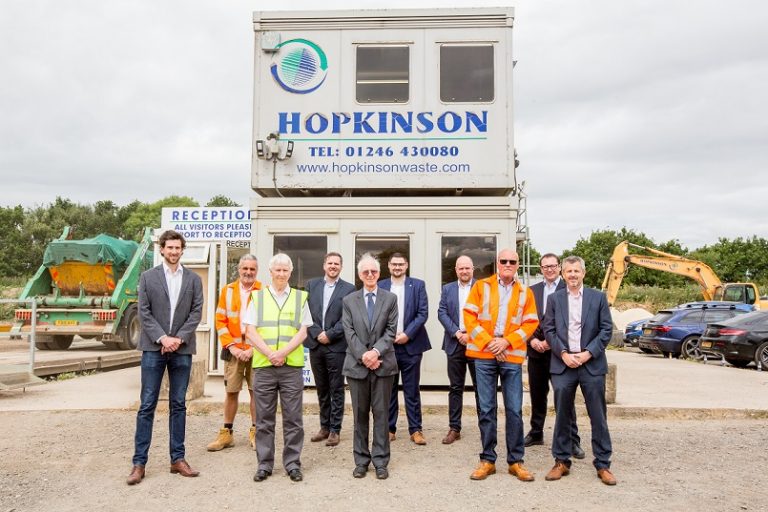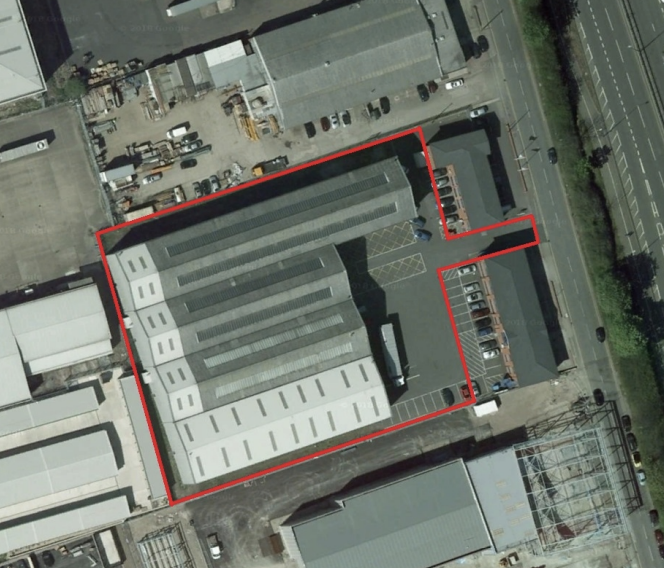University of Nottingham engineers to deliver commercial services following launch of independent business unit
Three-quarters of UK companies hit by labour shortages in last 12 months
- Nearly half (46%) of those who have faced labour shortages in the past 12 months have been unable to meet output demands; 36% made changes to or reduced the products or services they offer, while 26% reduced planned capital investment.
- Nearly three quarters of respondents (72%) said the UK has become a less attractive place to invest/do business in over the past five years.
- Respondents were most likely to see shortages of labour (75%) and access to skills (72%) as threats to labour market competitiveness. Concern about labour costs (59%) has risen on last year and the cost of living (69%) has become a significantly larger threat. Meanwhile, concern about the impact of employment regulation (35%) has been stable.
- Seven in ten respondents (70%) thought access to labour would still be a threat to labour market competitiveness in 5 years’ time.
- In response to labour market shortages: 55% of firms reported that they are investing in training to upskill current employees; 56% are investing in base pay; 45% in improving their Employee Value Proposition; while 40% are investing more in technology/automation.
- When asked what measures government should prioritise to help ease labour shortages, 46% called for the government to introduce incentives to help businesses invest in technology and automation to boost productivity, while 44% wanted government to grant temporary visas for roles that are in obvious shortage.
- A third of respondents (33%) planned higher levels of recruitment for permanent roles over the coming 12 months compared to the previous year, down from 46% last year, while 39% expected the same level of recruitment.
- Nearly half (46%) of respondents whose firms are taking action to support employees on cost of living reported bringing forward or having additional pay reviews, and 36% gave staff one-off bonus payments.
- A third (34%) of respondents reported that their organisation’s approach to the next pay round was best described as ‘giving a general increase below inflation’, significantly higher than previous years; organisations giving a pay increase in line with inflation (29%) is the lowest since 2012.
- Only 7% expected to provide a general pay increase above inflation in their next pay round, the lowest in almost a decade.
Project D signs ‘sweet deal’ with Nottingham confectionery firm
BDO moves into prominent office location to cement commitment to East Midlands market
Renaissance of Nottingham’s Bridlesmith Gate continues with new letting
Leicestershire homebuilder lays the foundations for mental health discussions in the workplace
Aggregate Industries expands with acquisition of Wiltshire firm
Over 60% of employees believe their employer doesn’t care about their mental wellbeing
Derbyshire waste management company sold
New Peer Network to support early-stage businesses announced
- Start with the end in mind
- What are your foundations
- Knowing your numbers
- What resources are available to you
- Marketing channels and what is your why
How to promote good mental health in the workplace
- Being more tired than usual
- Making uncharacteristic mistakes
- Finding it hard to motivate others
- Timekeeping slipping
- Short-tempered
- Trying to isolate themselves from others
- Speeding up and becoming more chaotic
- Intruding on other people’s conversations
£50k cash injection to explore upgrades to the A61 South of Chesterfield
MBO and acquisition completed at J-Flex
Henton and Chattell expands with multi-million-pound Nottingham property acquisition
“Actions, not words” now needed from politicians in tackling economy, says East Midlands Chamber
Output, optimism and employment levels fall as economic uncertainty hits businesses
LLEP Youth Advisory Board member appointed to national group as panel looks for further growth
The Youth Advisory Board is to expand following a successful launch last year – with one member already now sitting on a national panel.
The LLEP Youth Advisory Board (YAB) was created after recruiting seven people, aged between 16 and 24, from local schools, colleges and universities.
Those young people are now acting as representatives of their peers at the heart of the LLEP’s Careers Hub.
The YAB provides a platform for young people to problem solve with LLEP officers, as well as to engage, inform and influence LLEP networks.
Recruitment started in the Autumn of 2021 and the group has now grown to 10 – with plans in place to expand it further.
The Board has reported several early successes since first meeting in February, with members making progress in engaging their community in sustainable careers.
The YAB organised and hosted an Enterprise Day at Charnwood College in May in which guest speakers met with Year 10s.
Members also set up a Dragon’s Den-style activity, where the young people created a proposal for a design for a sustainable workplace.
Elsewhere, YAB member Oli Bochenek has been selected for a seat on the Careers and Enterprise Company’s (CEC’s) national Youth Advisory Group.
The CEC supports schools and colleges across England as the national body for careers education. Melton Vale Sixth Form College student Oli will help to provide a voice for youth within the CEC.
Oli’s business studies teacher suggested that it might be worthwhile to apply for the LLEP YAB group. Oli said he had subsequently developed confidence with public speaking, as well as teamwork and communication skills.
He added: “Working with the group has increased my awareness of career and education paths available to young people and how they can access help to achieve their career goals.
“It’s a positive and friendly group that really seeks to make a difference to young people’s lives and the future of their environment.”
Verity Hancock, principal of Leicester College and Further Education Representative on the LLEP Board, said: “Deciding what to do after leaving school can be a challenge. Getting the right information is important.
“By involving young people in developing strategy we are including and reflecting on what matters to the very people who are accessing the careers education.”
Gerarde Manley, Careers Hub lead, said: “The YAB are an impressive group of driven young people from across the LLEP area.
“By investing in their training, we can help to upskill them to make best use of our network and media channels.”
Plans are also underway to involve the YAB in youth-related events at other business and careers events over the course of the coming year.
The YAB is in the process of developing a mission statement to further expand its offer.
Network this November at the East Midlands Expo
For more information on exhibiting at the event click here.
To register to attend the event for free click here.
To secure tickets for the networking lunch click here.
From property agents to developers, architects, contractors, investors, PR firms, and more, see the list of current exhibitors here.





















